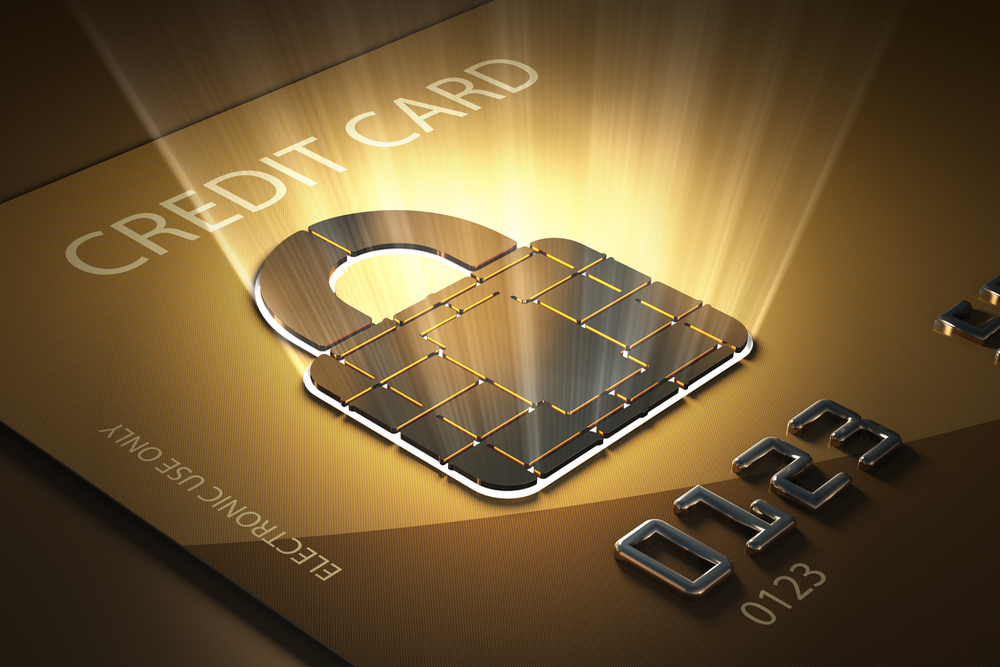Disciplined usage and repayment behaviour can make credit cards a boon in your financial life, and enable you to maximize benefits. On the flip side, sloppy usage and erratic repayment behaviour can turn them into a bane, damage your credit score and at worse, land you in a debt trap. Hence, the role that credit cards play in your life entirely depend on how your usage and repayment behaviour.
Here are five warning signs that indicate you are using credit cards the wrong way:
Maintaining credit utilisation ratio (CUR) over 30 per cent
CUR is the proportion of your total credit card limit utilised by you. Given that lenders generally consider consumers with a credit utilisation ratio of over 30 per cent as credit hungry, credit bureaus tend to pull down your credit score by some points when you breach this mark.
What to do: Make sure you restrict your overall credit card spends within 30 per cent of your total credit limit. If you tend to frequently breach this mark, either consider requesting your existing credit card issuer to increase your credit limit, or you can opt for an additional credit card. Doing so would bring down your credit utilisation ratio, provided you do not spruce up your credit card spends on obtaining a higher total credit limit.
Repeatedly paying just the minimum amount due
Credit cardholders facing difficulty in timely repayment of their credit card dues in full often repay just the minimum amount due on the bill. As the rest of the outstanding dues on your credit card bill continue to accrue hefty finance charges which usually range around 23-49 per cent p.a., this habit of rolling over your credit card dues repeatedly by making just minimum due payments can be a sign of gradually heading towards a debt trap.
What to do: If you are facing difficulty in timely repaying your credit card dues in full, opt for options like conversion of eligible big-ticket purchases or the entire outstanding dues into EMIs, credit card balance transfer, or avail alternative financing options such as pre-approved loan against credit card or personal loan. For credit cardholders with a good credit profile, personal loans are likely to cost the least in terms of interest cost followed by the option of a loan against credit card. Remember that the associated interest cost on these options is much lower than the hefty finance charges levied on failure to repay the outstanding credit card dues.
Not paying attention to reward points expiry
Card issuers attract more consumers by extending attractive reward points on credit cards. While some allow the option to adjust accumulated reward points against the outstanding bill of the credit card, others allow redemption for availing pre-specified services and products, such as gift vouchers, airline tickets, consumer goods, fuel, etc. However, given that the reward points of most credit cards come with a pre-determined expiry period of generally 2-3 years, you must avoid ignoring their expiry, as this could result in losing out on the accumulated reward points’ benefits.
What to do: Always keep a track of the terms and conditions associated with your credit card’s reward points program. Make sure you do not miss out on redeeming your reward points before they expire.
Making cash withdrawals through credit card
Withdrawing cash though your credit card attracts not one but twin charges. Cash advance fee of as high as 3.5 per cent of the withdrawn amount, and hefty finance charges ranging around 23-49 per cent p.a. are levied, right from the day of such withdrawal until the repayment is made. Incurring these two charges together can burn a deep hole in your pocket, especially if done frequently.
What to do: Making cash withdrawal through your credit card should always be your last resort, given the twin charges levied on doing such a transaction. If doing so becomes unavoidable, ensure you repay the entire withdrawn amount as soon as you can, to minimize the incurring of associated charges.
Failure to plan spends according to interest-free period
Interest-free period refers to the duration between the date of making your credit card transaction and the due date of its payment, and can generally range anywhere between 18 -55 days. Credit card transactions carried out during this period do not attract interest cost in the form of finance charges, as long as the dues are repaid timely, on or before the due date.
What to do: Try to plan your credit card spends, especially the big-ticket ones, according to your card’s interest-free period, so that you can maximize the benefit of this facility. Cardholders with multiple credit cards can avail the maximum interest-free period from each of them by spreading their credit card spends across their different cards.
The author is Director, Paisabazaar.com





